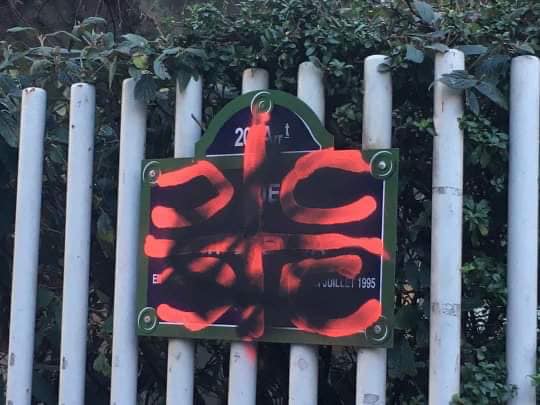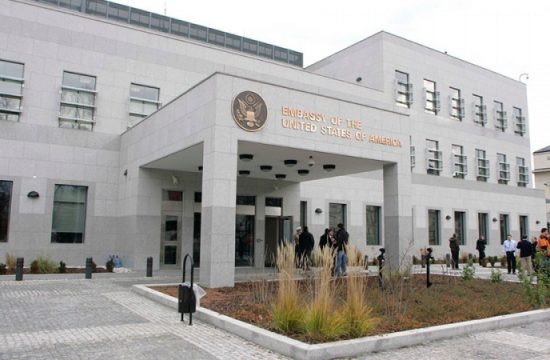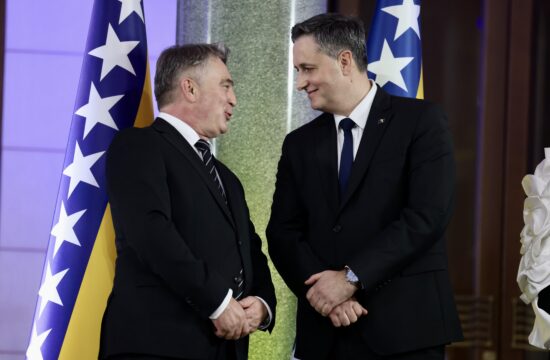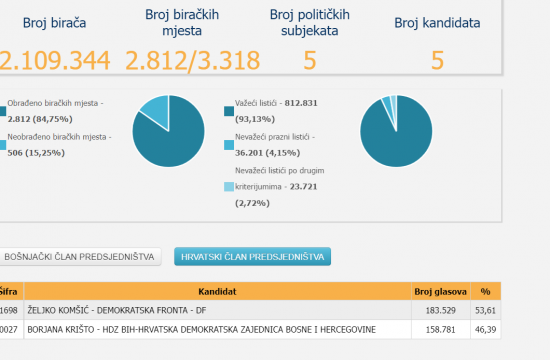
A Paris street called Srebrenica (Rue Srebrenica) was vandalised with hateful graffiti supporting convicted war criminal General Ratko Mladic responsible for the Srebrenica genocide in 1995, to the condemnation of the Women Victims of War Association from Bosnia and former Hague tribunal Spokesperson Florence Hartmann.
In response to this act of vandalism, Bakira Hasecic, the head of the Association, recalled that the city of Paris named this street in memory of “victims of the Srebrenica genocide committed by the Republika Srpska Army in July 1995, when 8,000 Bosniaks were murdered. We expect the French authorities to come forward, find the vandals and bring them to justice. Obviously, many criminals like Radomir Susnjar (accused of crimes in Visegrad) whom the French authorities handed over to Bosnia's judiciary have found refuge in France,” Hasecic noted, Oslobodjenje daily reports.
The vandalistic desecration of a plaque with the name of Srebrenica was first shared by former Hague tribunal spokesperson Florence Hartmann on her Facebook profile.
Hartmann's photos show the painted plaque with a message under it saying “free Ratko Mladic”. The vandal(s) also wrote four letters S on several places in the street – a nationalist Serb sign.
The former international war crimes tribunal's spokesperson wrote that “Identitarianism is the disease of the 21st century” and that it “ravaged the Balkans at the turn of the century.”
she concluded saying “indifference feeds great crimes.”
In April 1993, the UN had declared the besieged enclave of the eastern Bosnian town of Srebrenica a safe area under UN protection.
However, in July 1995, the Dutch battalion failed to prevent the town's capture by the Bosnian Serb forces and the massacre that followed.
More than 8,000 Bosniak men and boys were killed in the days following July 11, 1995, and so far the remains of more than 6,600 have been found and buried.
The International Criminal Tribunal (ICTY) for the Former Yugoslavia and the International Court of Justice later ruled that the massacre was an act of genocide.
International and regional courts have sentenced 45 people for what happened in Srebrenica to a total of more than 700 years behind bars. Those who the ICTY sentenced to life imprisonment are Ljubisa Beara, Zdravko Tolimir, and Vujadin Popovic. But the most well known alleged masterminds of what happened in Srebrenica are former Bosnian Serb politician Radovan Karadzic and ex Bosnian Serb general Ratko Mladic, and both have been sentenced for it but have appealed.




